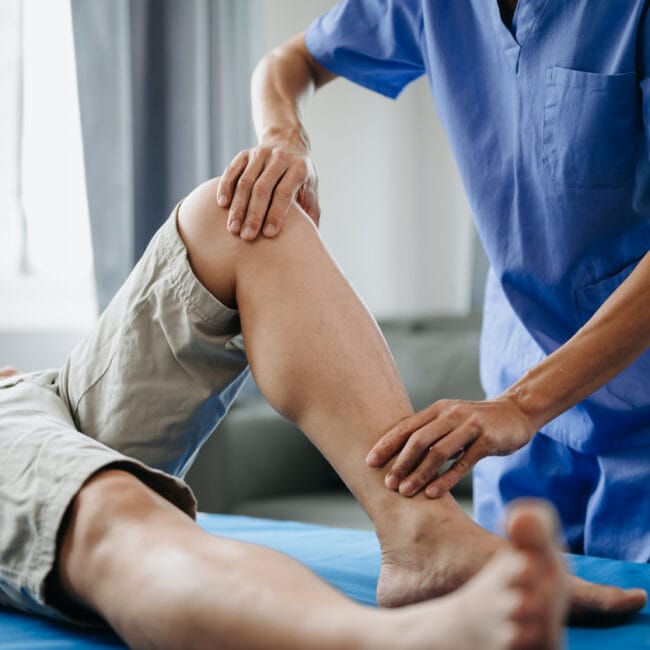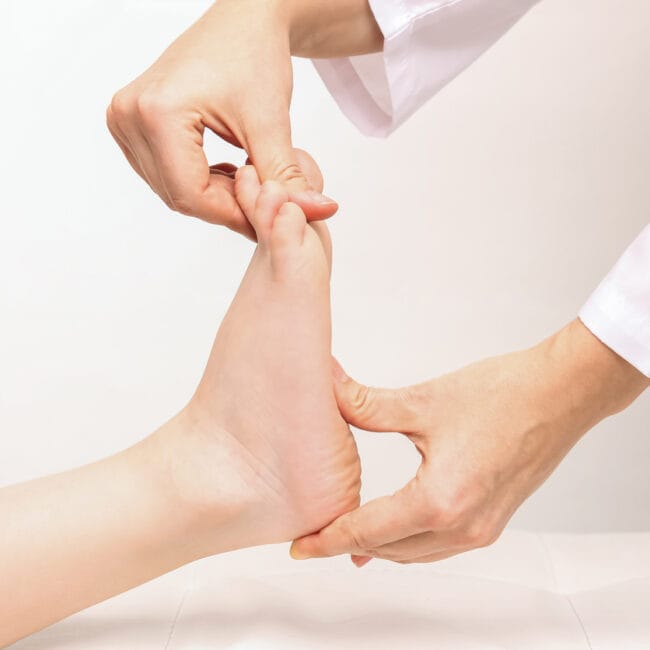Strokes are a common occurrence and something we regularly hear about. Despite being the third biggest killer in Ireland little is known about them and there is certainly more awareness of reaction protocol needed in today’s society. Chartered Physiotherapist Chloe Sexton talks us through the importance of knowing the signs of an oncoming stroke. Physiotherapy can play a very important role in Post-stroke rehabilitation
What is a Stroke?
A stroke occurs when there is a disruption of the blood supply to the brain. There are two types of strokes. The first, and most common type is caused by a blockage (from a blood clot) which disrupts the blood flow to the brain, this is called an Ischaemic Stroke. The other type is Haemorrhagic Stroke, which is caused by a bleed in the brain.
Know the signs and act FAST
Stroke Actions FAST campaign aims to help the public achieve a better understanding of the warning signs of stroke. Stroke is the 3rd biggest killer in Ireland and yet 100′s of lives could be saved every year if people had a better awareness of the emergency and indeed how to realise if they or someone else is having a stroke. Strokes can damage up to 2 million brain cells a minutes so time is critical and contacting the emergencies as soon as possible is vital. Here is how you can spot if somebody is having a stroke:
Face: Has their face fallen on one side? Can they smile?
Arms: Can they raise both arms and keep them there?
Speech: Is their speech slurred?
Time: Time to call emergency services
Stroke Rehabilitation
A stroke can majorly impact on:
Movement
Sensation
Balance and co ordination
Physiotherapy works to help regain all of these abilities depending on the severity of the stroke. A stroke causes one side of the body to be affected this side can feel heavy and weak, making it more difficult to move.
When one side of the body is weaker, the other side compensates becoming stronger and more dominant. This affects your body alignment and balance, making it difficult to carry out day to day activities.
A physiotherapist will assess alignment and function and work to improve mobility and balance of the affected side and help you maximise the potential of your recovery.
What we can do for you
Here at The Physio Company we understand that a stroke can impact people in many different ways. At first, your physiotherapist will complete an assessment of your condition, answer any questions you or your family may have and identify any problems you may be having since the stroke.
We will then work closely with you, addressing the problem areas, creating goals and developing a specific exercise programme to you. We will work with you to maximise the potential of your recovery and help you achieve your goals.
To help you achieve the best results from your rehab The Physio Company can provide immediate appointments without a waiting list. We can also provide treatment sessions in your home too, if requested. If you would like to contact our patient service team you can phone us or you can send us email to book an appointment.
Thanks to Chloe Sexton for writing today’s post for us. Chloe works in our Temple Bar clinic in Dublin 2. Chloe specializes in musculoskeletal injuries, paediatrics, sports injuries, orthopaedics and low back pain. If you would like to be treated by Chloe Please be sure to ask for her !














